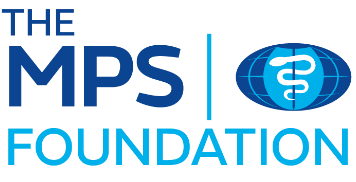Project title
Entrustment: How we trust non-specialist physicians to provide anaesthesia care in rural LMIC (low- and middle-income country) workplaces
Country
South Africa
Background
Safe surgery requires safe anaesthesia. The rapidly growing surgical disease burden in South Africa currently exceeds the ability of tertiary institutions to train anaesthesiologists (doctors that have obtained a specialist qualification in anaesthesia). It is particularly challenging to retain these specialists within the public sector, as many opt to work solely in the private sector or to emigrate.
Progressively, anaesthesia care provision in the public sector is being shifted to non-specialist physicians (NSPs). The African Surgical Outcome Study (ASOS) demonstrated that NSPs provide anaesthesia care for more than 50% of surgical cases in Africa. ASOS also highlighted that African patients requiring surgery are usually younger and healthier than patients in other parts of the world. However, they are twice as likely to die after surgery.
Entrustment as an assessment construct was developed to allow supervisors to assess trainees as they perform healthcare tasks within clinical workplaces. Supervisors are not only considering the individual competency of the trainee, but also deciding on the degree of autonomy the trainee should be permitted, and the appropriate level of supervision. An exploration of entrustment in a rural LMIC context is critical to establish how NSPs are being trusted to provide an escalating level of life-saving anaesthesia care (often with little to no supervision) within their current workplaces.
Summary
This research project will examine how the entrustment framework for anaesthesia care in rural LMIC workplaces differs from the framework currently described in HICs (high-income countries). The study will attempt to uncover all the key factors that define and enable entrustment in the LMIC context.
Outcome
This study will assist in developing and establishing an entrustment framework that ensures safe rural anaesthesia care in South Africa, incorporating both trainees and supervisors (NSPs and anaesthesiologists). The findings from this study may be applicable to rural anaesthesia care provision in other LMICs.

